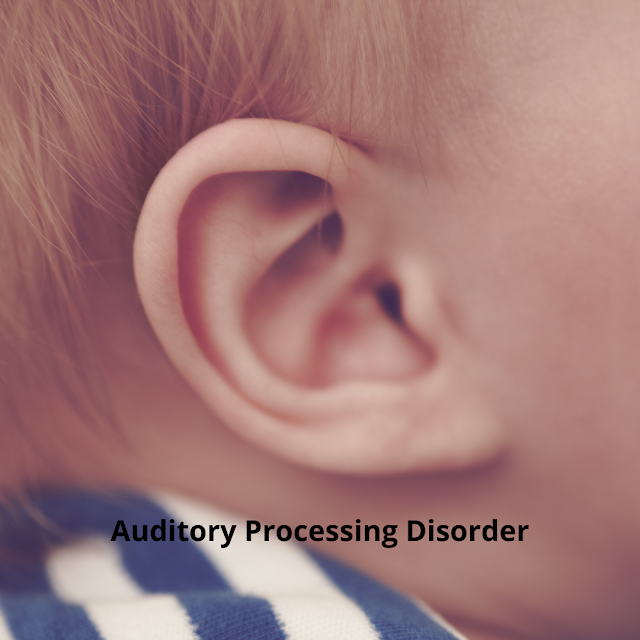How Does Auditory Processing Disorder Affect Your Child?
Auditory processing disorder (APD) is a hearing loss that affects 3%–5% of school-aged children.
This disorder, also known as central auditory processing disorder (CAPD), affects children's ability to comprehend what they hear. This is caused by a misalignment of their ears and brain. Something obstructs the brain's ability to recognise and understand sounds, particularly speech.
If children with APD adopt the right strategies, they can excel in school and life. It is impossible to overestimate the value of early detection. If the issue is not recognised and addressed early, a child may experience hearing and learning difficulties at home and school.
APD is an acronym for Auditory Processing Disorder. Your child's capacity to read, write, and spell, as well as the way they speak, may be affected by APD. Word ends may be omitted, and related sounds may be mixed up. They may also find it questioning to converse with others. They may not reply quickly enough to what others are saying.
You may have seen the following behaviours in your child with APD:
-Has difficulty remembering nursery rhymes or song lyrics
-Has difficulty following directions
-Appears to be listening but not hearing
-Frequently confuses two similar-sounding words
-Has difficulty understanding speech in noisy environments
-Has hardship learning to read and spell
-Finds it challenging to express themselves
To know more about what is auditory processing disorder contact Tomatis® Australia.

.png)

Comments
Post a Comment